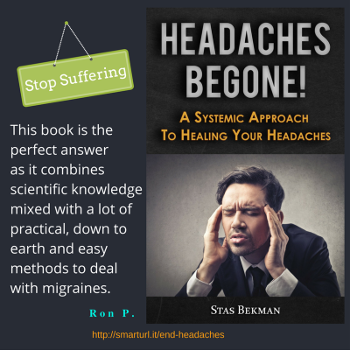D. D Candlish Robert Smith - D. D Copleston Edward
Description
This section is from "The American Cyclopaedia", by George Ripley And Charles A. Dana. Also available from Amazon: The New American Cyclopędia. 16 volumes complete..
D. D Candlish Robert Smith - D. D Copleston Edward
D. D Candlish Robert Smith
D. D Candlish Robert Smith,, a Scottish clergyman, born in Edinburgh, March 23, 1807. He was educated at Glasgow, was private tutor at Eton, and in 1829 became minister of St. Andrew's, Glasgow, and subsequently at Bonhill, whence he was transferred to the parish of St. George, Edinburgh. In 1839 he took a prominent part in the debates of the Scottish general assembly; and when the disruption occurred in 1843 he left the kirk for the Free church, of which in 1846 he was appointed convener. In 1847 he succeeded Dr. • Chalmers as professor of divinity in New college, Edinburgh, of which he subsequently became principal. He has written several works, mostly expositions of the Bible, and has been a frequent contributor to religious periodicals. He is specially known as one of the leaders and the historian of the Free church movement in Scotland.
D. D Cook Charles
D. D Cook Charles, an English clergyman, one of the founders of French Methodism, and president of the French Wesleyan conference, born in London, May 31, 1787, died Feb. 21, 1858. After a few years devoted to the work of education, he entered the Wesleyan ministry in 1817, and in 1818 was appointed by the British conference to the French mission in Caen, Normandy. Through his labors societies were organized, circuits were formed, and a native ministry recruited from year to year. He was a powerful co-worker with D'Aubigne, De Felice, Malan, Gaussen, the Monods, and others in the revival among the French Protestants. At the time of his death there were in France two Methodist districts, 12 circuits, 141 chapels, 26 itinerants, 65 local preachers, and 1,386 members; besides day and Sunday schools, a monthly periodical, and Bible, tract, and missionary societies.
D. D Cooper Samuel
D. D Cooper Samuel, an American clergyman, born in Boston, March 28, 1725, died Dec. 29, 1783. He graduated at Harvard college in 1743, studied theology, and at the age of 20 succeeded his father in the Brattle street church, where he remained 37 years, gaining the reputation of one of the most accomplished orators and scholars of New England. He took an influential part among the patriots of the revolution, writing various pamphlets in opposition to the pretensions of Great Britain, and was the person to whom Dr. Franklin sent the letters of Hutchinson. He was one of the foremost in laying the foundation of the American academy of arts and sciences, and became its first vice president in 1780.
D. D Copleston Edward
D. D Copleston Edward, an English bish-op, born at Offwell, Devonshire, Feb. 2, 1776, died near Chepstow, Oct. 14, 1849. He was educated at Oxford, in 1802 was appointed professor of poetry there, and in 1813 published his lectures under the title of Prcelectiones Academicae. In 1814 he became provost of Oriel college, in 1826 dean of Chester, and in 1827 bishop of Llandaff and dean of St. Paul's, London. He contributed to the " Quarterly Review," and wrote an " Inquiry into the Doctrines of Necessity and Predestination " (1821).
Continue to:




